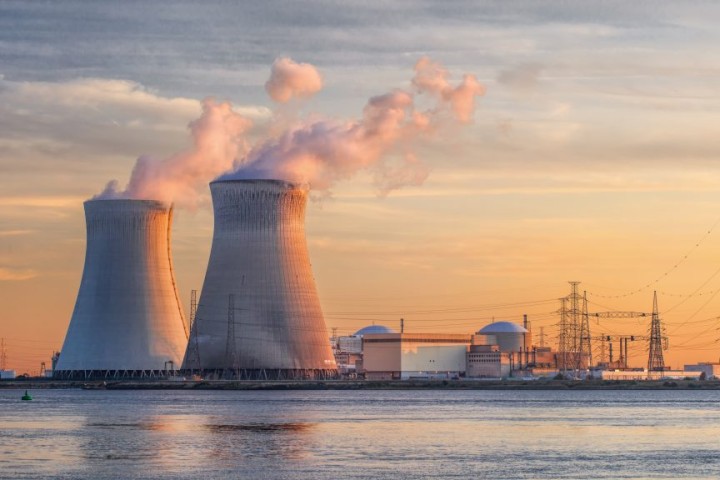No more greenwashing, a science-based and credible taxonomy is needed

This opinion article is co-signed by three members of the European Parliament: Michèle Rivasi (Greens/EFA, France), Andreas Schieder (S&D, Austria), and Cornelia Ernst (The Left, Germany).
The EU taxonomy is a tool to define which economic activities are considered “sustainable”. A proposal to include additional activities in the taxonomy is to be published by the European Commission before Christmas.
We, members of the European Parliament, are concerned about strong political pressure to include gas and nuclear power in the taxonomy, despite the fact that this tool is initially based on science.
A few weeks before the start of the French presidency of the European Union, we warn that putting these two polluting energies on the same level as renewable energies will sabotage the European energy transition.
The inclusion of nuclear and gas energies, even as transitional activities, is incompatible with the scientific principles set out in the taxonomy regulation. Fossil gas contributes directly to climate change and will block us for decades.
The IPCC’s 1.5 report clearly states that no new fossil fuel infrastructure can be built if this temperature target is to be met. Nuclear power, for its part, is too dangerous, too wasteful, too expensive and too slow to respond to environmental challenges.
There are good reasons nuclear power and fossil gas have not been included in the taxonomy developed by the Commission’s original group of technical experts, because of its inability to meet the taxonomy’s “do not no significant harm” principle.
Indeed, the risks of nuclear power cannot be denied: nuclear power has caused several major disasters with immeasurable consequences, it lacks resilience to climate change, and uranium mining and processing takes place outside the EU, where it cannot be monitored.
Through the use of nuclear power 300,000 tonnes of highly radioactive material have already been accumulated around the world. This is a catastrophic environmental burden that we will leave behind for future generations for many thousands of years.
The only existing deep disposal sites (Asse in Germany and WIPP in the US) pose complex technical and administrative problems for the authorities and are a great burden for the local environment and population.
Nuclear power is an expensive technology, slow to develop and subject to major delays, as illustrated by the Flamanville EPR project in France. And yet we need to drastically reduce our emissions in less than a decade.
Including harmful and polluting activities in the EU taxonomy would destroy the credibility of the European Union in this field. After all, the green taxonomy does not prohibit investment in polluting activities, it is a transparency tool that prevents unsustainable activities from being presented to investors as “green”.
Recent statements by the European Commission have been met with strong criticism, including from national governments, UN bodies, environmental groups and investors who will lose confidence in the tool. The Net-Zero Asset Owner Alliance, formed by the United Nations and representing 10 trillion dollars in assets, has said it would oppose such a decision.
Above all, there is no legal basis for including nuclear energy in the European green taxonomy. A legal analysis commissioned by the Austrian government states that this inclusion is incompatible with the legal basis of Article 10 of the Taxonomy Regulation.
The conclusion is clear: nuclear power can neither be considered a green activity nor a transitional activity. The latter covers only carbon-intense activities and requires not to be an obstacle to low-carbon alternatives. This is not the case for nuclear.
Austria, as well as Germany, Denmark, Luxembourg and Portugal, can count on our support to challenge this decision before the Court. Taxonomy is built on scientific principles, which cannot simply be changed at political discretion. That is not what serious policy is about.
Classifying investments that have no long-term future as “green” under the Green Deal would make it difficult to create green markets at home and abroad. We cannot afford such a mistake. Time is running out. The decade to address climate change has already begun.

.JPG)